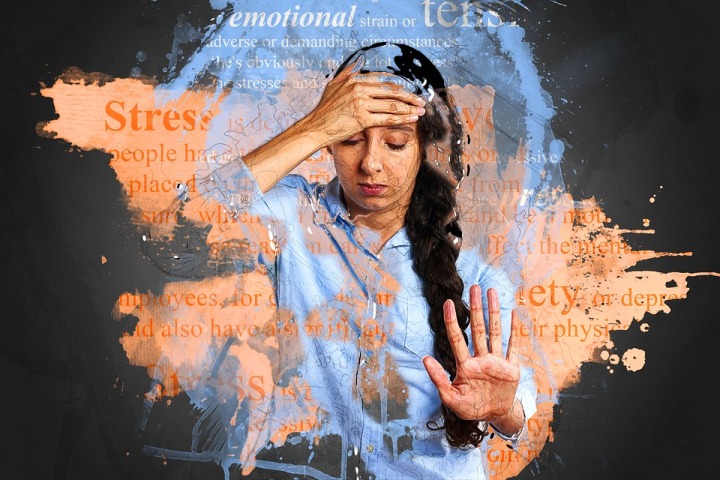World Mental Health Day 2018 to spotlight adolescent mental health
Depression is one of the leading causes of illness and disability among adolescents.

World Mental Health Day is observed on 10 October every year, with the overall objective of raising awareness of mental health issues around the world and mobilizing efforts in support of mental health.
The theme for 2018 World Mental Health Day is "Young people and mental health in a changing world."
The Day provides an opportunity for all stakeholders working on mental health issues to talk about their work, and what more needs to be done to make mental health care a reality for people worldwide.
Half of all mental illness begins by the age of 14, but most cases go undetected and untreated. Depression is one of the leading causes of illness and disability among adolescents. Suicide is the second leading cause of death among 15-29-year-olds. Harmful use of alcohol and illicit drugs among adolescents is a major issue in many countries and can lead to risky behaviours such as unsafe sex or dangerous driving. Eating disorders are also of concern.
Evidence is growing that promoting and protecting adolescent mental health benefits not just adolescents’ health, in the short- and the long-term, but also economies and society as a whole, with healthy young adults able to make greater contributions to the workforce, their families and communities. Much can be done to help build mental resilience from an early age to help prevent mental distress and illness among adolescents and young adults and to manage and recover from mental illness. Prevention begins with being aware of and understanding the early warning signs and symptoms of mental illness.
Parents and teachers can help build life skills of children and adolescents to help them cope with everyday challenges at home and at school. Psychosocial support can be provided in schools and other community settings and training for health workers to enable them to detect and manage mental health disorders can be put in place, improved or expanded.
Investment by governments and the involvement of the social, health and education sectors in comprehensive, integrated, evidence-based programmes for the mental health of young people is essential.
ALSO READ
Drugs like Ozempic won’t ‘cure’ obesity but they might make us more fat-phobic
Lupin, Glenmark recall drugs in US market: USFDA
Drugs, liquor, cash worth Rs 192 crore seized in Punjab since enforcement of poll code
Top Indian court blasts drugs regulator for not acting against yoga guru's medical firm
Triple-murder, suicide in Spain blamed on gender-based violence










